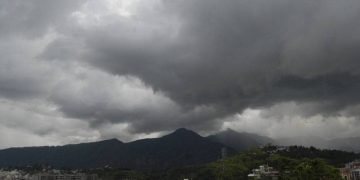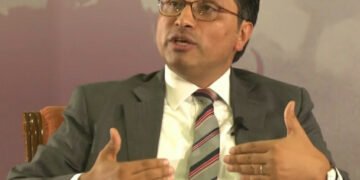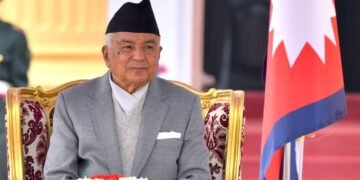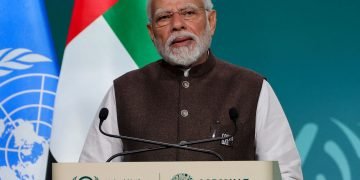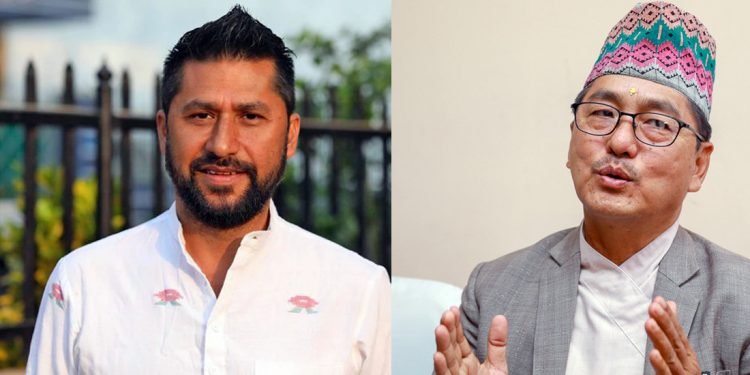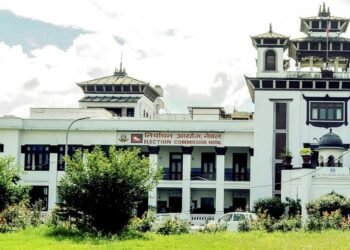Kathmandu, June 5: The government formation in Nepal has the growing influence of smaller parties, raising concerns about stability. Despite emerging as the largest parties in the 2022 parliamentary elections, the Nepali Congress and the CPN-UML remained in opposition while CPN (Maoist Centre), the third largest party with 32 seats in the House of Representatives, has played a kingmaker.
Currently, the Maoist Centre chair Pushpa Kamal Dahal is now leading the government with the support of the UML with 78 seats and other smaller parties while the NC with 89 seats has stayed in opposition. Strategic position of the Maoist Centre has allowed the party to influence government formation as evident in the current coalition led by Dahal.
Moreover, newly formed parties like Rastriya Swatantra Party (RSP), the fourth largest party with 21 seats, have managed to secure ministerial positions through negotiations. RSP is now at the helm of the government with three ministries held by its members.
The trend of small party influence has extended beyond the federal government. In many provincial governments, smaller parties have played a decisive role in the appointment of chief ministers, forcing big parties in the provinces to remain out of power.
In Sudurpaschim, Dirgha Narayan Sodari from the CPN (Unified Socialist) with four provincial assembly members, has been elected as the chief minister, forcing the largest NC with 18 seats to remain in opposition.
Yamlal Kandel from UML, the third largest party in the province assembly of Karnali, is leading the government while the largest NC has found itself in opposition.
In Lumbini Province, UML, the largest party in the province assembly with 29 seats, has supported Jokha Bahadur Mahara from the third largest Maoist Centre with nine seats as the chief minister. But, the second largest party NC with 27 seats has stayed in opposition.
The Maoist Centre is the third largest party in the Bagmati province assembly. But, the UML, the second largest party with 27 members, has supported the Maoist Centre for the chief minister. But, NC, the largest party with 36 seats, is forced to remain in opposition.
In Madhes Province, after chief minister Saroj Kumar Yadav lost the vote of confidence, the UML and Maoist Centre have started the initiative to form the government under the leadership of the fourth largest party Janamat.
In a democratic system, the political party that gets the most votes in elections should lead the government. But in Nepal, the big parties, who have in fact been given the mandate to lead the government, are either in the role of main opposition or are forced to join small parties in forming a government.
This reliance on smaller parties to form a government has raised a concern about stability, resulting in largest parties, even with the most public support, either remain in opposition or form fragile coalitions susceptible to collapse. This has undermined the principle of democratic system with the party with most votes leading a government, viewed political analysts.
With the aim of maintaining stability, the NC, UML and RSP have now launched “Mission 84”, a campaign aiming to secure a majority in the upcoming elections.
However, given the results in the previous elections, and recent by-elections, achieving a majority for any single party is highly unlikely, according to political experts.


